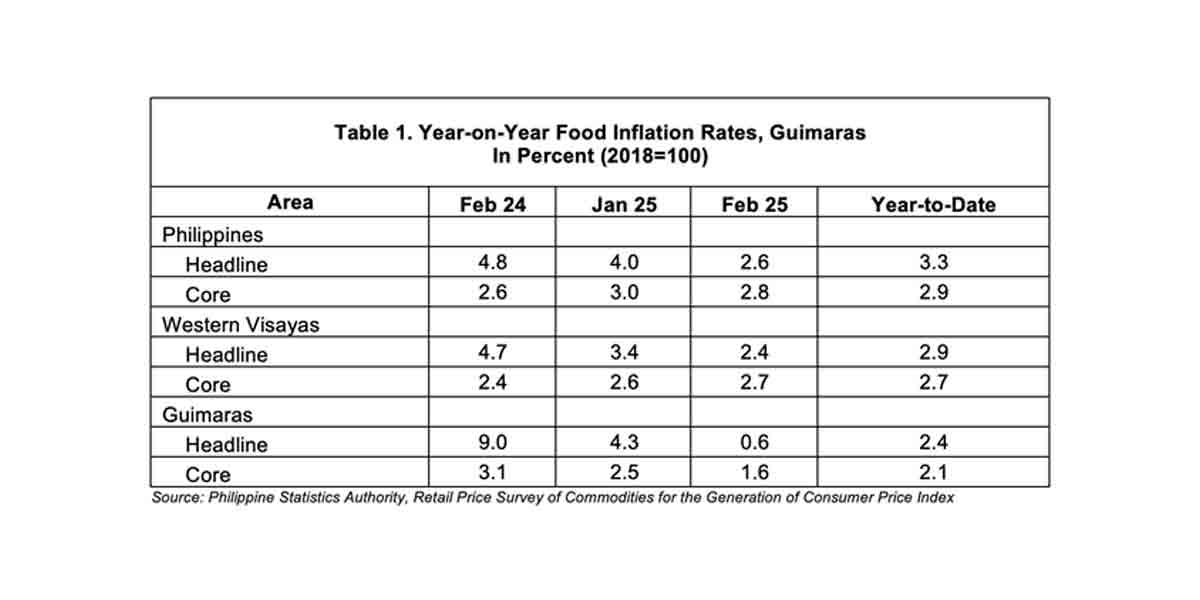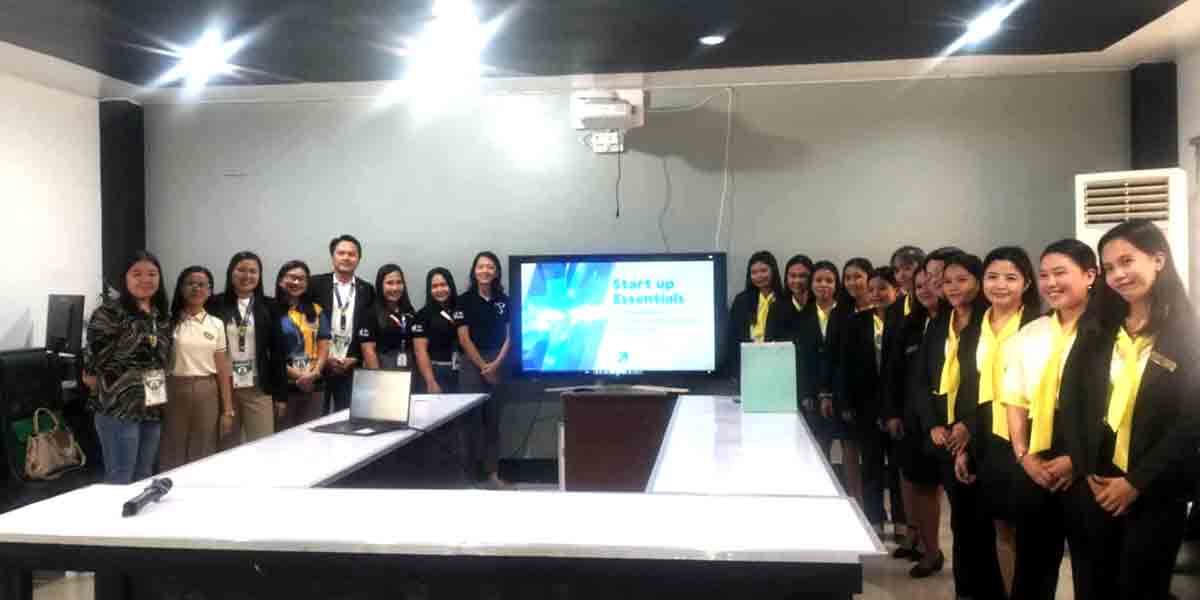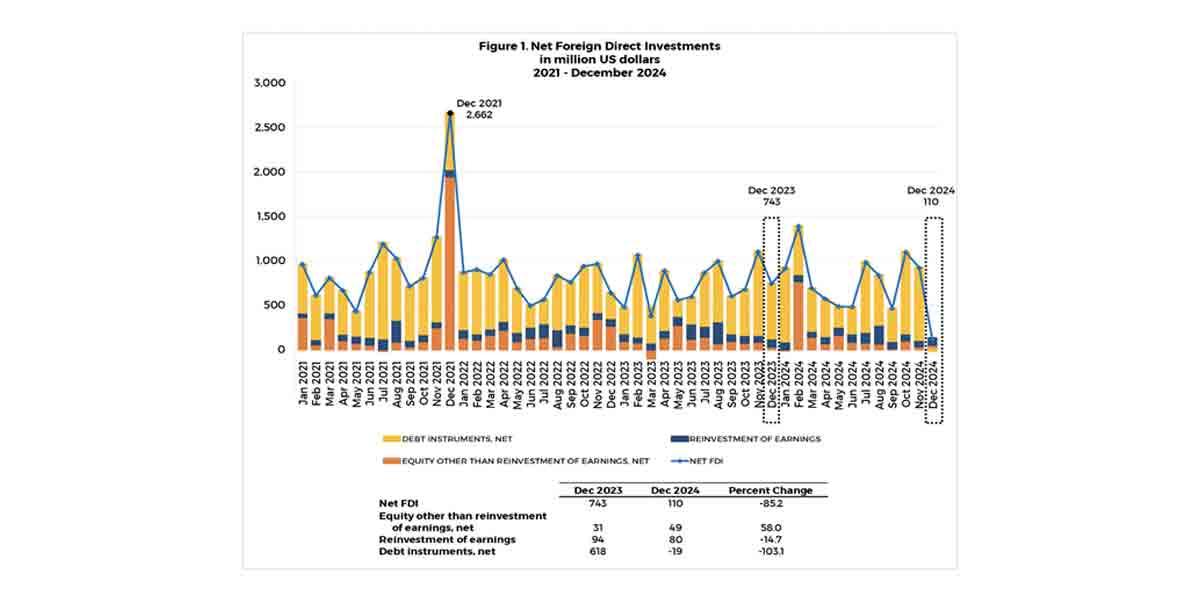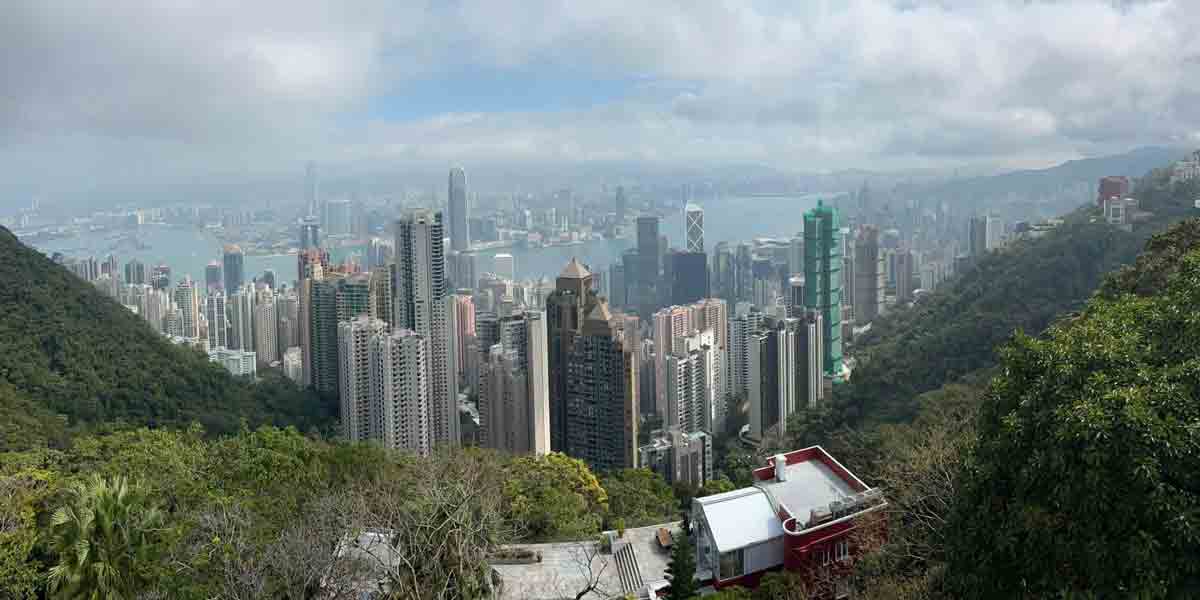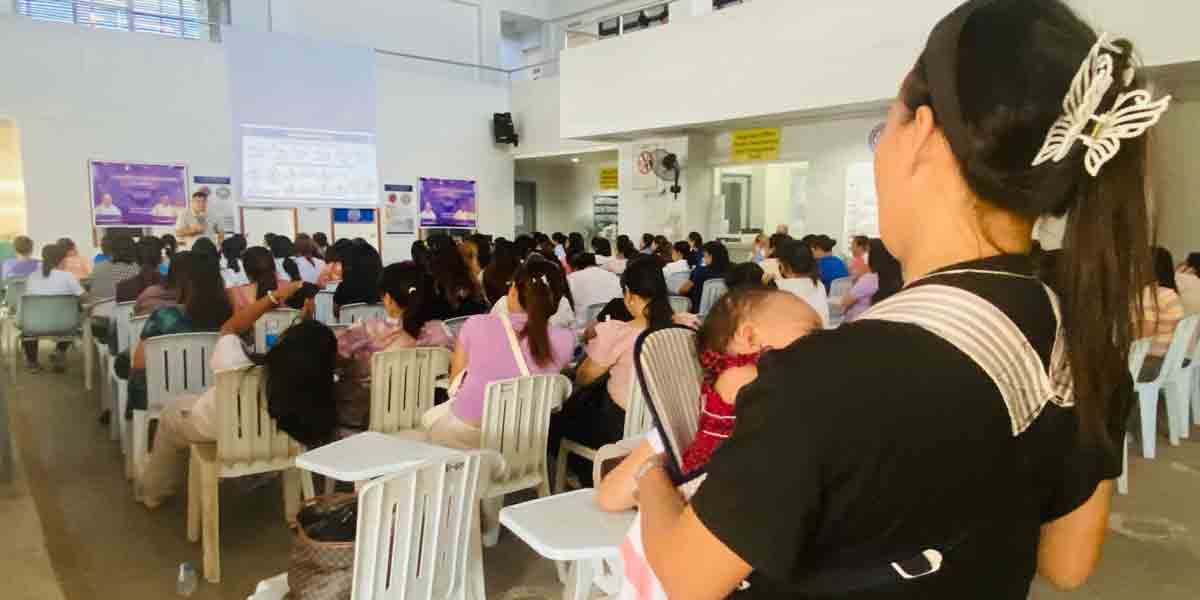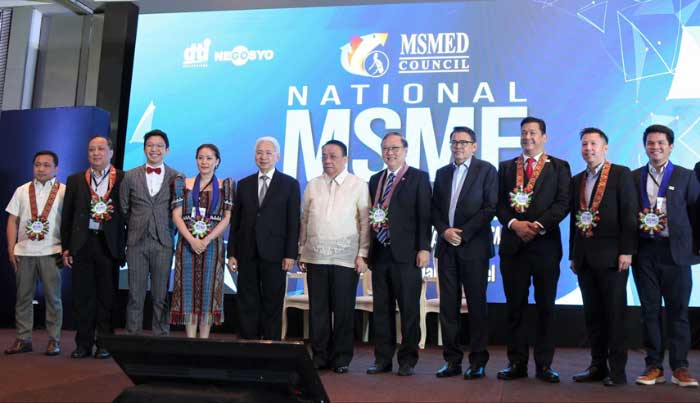
The National Development Company (NDC), in partnership with food business incubator Mercato Centrale Group, unveiled the beta launch of the Philippine E-commerce Platform (PEP) at the National MSME Summit 2023 held at The Manila Hotel on July 18, 2023.
PEP is the first government omnichannel that was created to promote Filipino businesses and help them expand online. The platform prioritizes Filipino products and onboards businesses officially registered with the Department of Trade and Industry (DTI) and other government agencies, adding another layer of consumer protection. It also gives buyers access to a wider range of locally-made products by tapping public sector initiatives such as Go Lokal.
The DTI-supported platform is owned by the NDC and connects thru DICT’s e-Gov superapp, the platform for all Philippine government services. Mercato Centrale Group donated the technology to NDC.
“We laud the NDC and the Mercato Centrale Group for launching the PEP. We are hopeful that the PEP will significantly expand the presence of Filipino companies and products online, allowing MSMEs to broaden their markets and grow their businesses,” said Joey Concepcion, Founder of Go Negosyo and Chairman and Vice Chairman of the Micro, Small, and Medium Enterprise Development Council (MSMEDC).
The platform is aligned with the President’s 8-point agenda, particularly bureaucratic efficiency, focusing on digitalization and modernization of all government processes and operations. This project also supports the Strategic Development Plan of Industry, Innovation, and Infrastructure under the Philippine Development Plan 2023-2028.
Why launch the PEP?
The global E-commerce growth rate for 2023 is forecasted at +8.9%, estimated to hit USD$5.9 Trillion in sales worldwide. The Covid-19 pandemic drove online retail growth rates to historic highs (+16.8% in 2021 year-on-year) and, almost all countries’ economies have reopened and consumers return to brick-and-mortar stores, online retail growth rates have understandably slowed – but are still expected to grow although at a slower rate. E-commerce share of retail sales is still expected to increase to 23.3% by 2026. ¹
In the Philippines, e-commerce growth is forecasted by as much as +22.9% in 2023 – already the 20th largest market for e-commerce globally and projected to hit at least USD$16 Billion in 2023. Although the Philippines parallels a similar slowdown in online retail growth globally due to a reopening of brick-and mortar stores in the country, it is still one of the fastest-growing e-commerce markets in Southeast Asia, supported by high smartphone and internet penetration rates. ²/³/⁴/⁵
Because of the continuous growth of e-commerce in the Philippines, this drove the government to support the launch of its own PEP, in order to drive more recognition to Philippine businesses online (in particular, MSME’s) – providing them with more exposure to a wider market that may not be possible with traditional brick and mortar stores, and promote demand for Philippine-made products locally.
In addition, PEP aims to help protect Philippine shoppers with their online shopping experience by only onboarding government registered Philippine businesses.
SOURCES:
- Source: Oberlo.com: https://www.insiderintelligence.com/chart/253485/top-10-countries-ranked-by-retail-ecommerce-sales-growth-2022-change
- Source: Global Data: https://www.globaldata.com/media/banking/online-shopping-rising-internet-penetration-lead-philippines-e-commerce-17-cagr-2025-forecasts-globaldata/
- Source: E-commerce Db: https://ecommercedb.com/markets/ph/all
- Source: Go Locad: https://golocad.com/blog/philippine-e-commerce-now-and-its-future/
- Source: YCP Solidiance; Outlook of E-commerce in the Philippines for H2 2022:
https://ycpsolidiance.com/article/ecommerce-trends-philippines-h2-2022






